Filter by
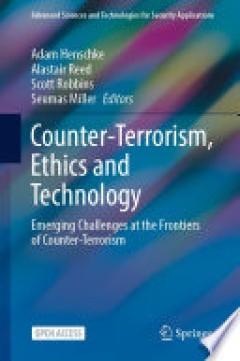
Counter-terrorism, ethics and technology : emerging challenges at the frontie…
This open access book brings together a range of contributions that seek to explore the ethical issues arising from the overlap between counter-terrorism, ethics, and technologies. Terrorism and our responses pose some of the most significant ethical challenges to states and people. At the same time, we are becoming increasingly aware of the ethical implications of new and emerging technologies…
- Edition
- 6
- ISBN/ISSN
- 9783030902216
- Collation
- XVI, 221p.; ill.
- Series Title
- Advanced Sciences and Technologies for Security Applications
- Call Number
- 363.325 COU h
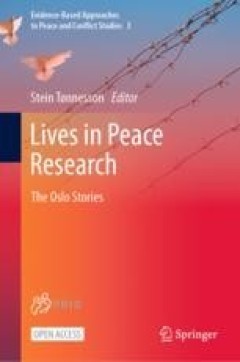
Lives in peace research
This open access book explains how PRIO, the world’s oldest peace research institute, was founded and how it survived through crises. In this book, twenty-four of its researchers and associates, including Johan Galtung, Ingrid Eide, and Mari Holmboe Ruge, who founded the institute back in 1959, tell the stories of their roles in inventing and developing peace research. They reflect on their p…
- Edition
- -
- ISBN/ISSN
- 9789811647178
- Collation
- xx; 508 PG; ill.
- Series Title
- Evidence-Based Approaches to Peace and Conflict Studies
- Call Number
- 327.172072 LIV l
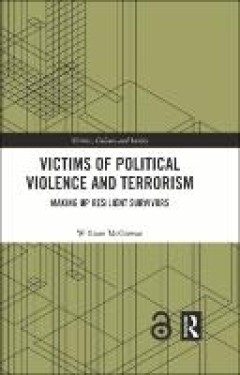
Victims of political violence and terrorism : making up resilient survivors
This book examines the survivors of political violence and terrorism, considering both how they have responded and how they have been responded to following critical incidents. As this work demonstrates, survivors of comparatively rare and spectacular violence hold a mirror up to society’s normative assumptions around trauma, recovery and resilience. Drawing on two years of observational fiel…
- Edition
- -
- ISBN/ISSN
- 9781003154020
- Collation
- xi, 274 p. : ill.
- Series Title
- -
- Call Number
- 362.889317 MCG v
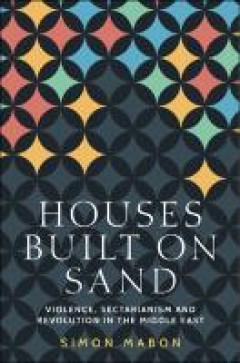
Houses built on sand : violence, sectarianism and revolution in the Middle East
The events of the Arab Uprisings posed an existential challenge to sovereign power across the Middle East. Whilst popular movements resulted in the toppling of authoritarian rule in Tunisia, Egypt and Yemen, other regimes were able to withstand these pressures. This book questions why some regimes fell whilst others were able to survive. Drawing on the work of political theorists such as Agambe…
- Edition
- -
- ISBN/ISSN
- 9781526126474
- Collation
- x, 266 p. : ill.
- Series Title
- -
- Call Number
- 303.48330956 MAB h
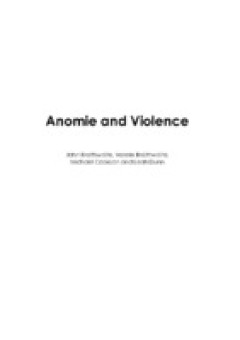
Anomie and violence : non-truth and reconciliation in Indonesian peacebuilding
Indonesia suffered an explosion of religious violence, ethnic violence, separatist violence, terrorism, and violence by criminal gangs, the security forces and militias in the late 1990s and early 2000s. By 2002 Indonesia had the worst terrorism problem of any nation. All these forms of violence have now fallen dramatically. How was this accomplished? What drove the rise and the fall of violenc…
- Edition
- -
- ISBN/ISSN
- 9781921666230
- Collation
- XV, 501 p.
- Series Title
- -
- Call Number
- 320.9598 ANO a
 Computer Science, Information & General Works
Computer Science, Information & General Works  Philosophy & Psychology
Philosophy & Psychology  Religion
Religion  Social Sciences
Social Sciences  Language
Language  Pure Science
Pure Science  Applied Sciences
Applied Sciences  Art & Recreation
Art & Recreation  Literature
Literature  History & Geography
History & Geography